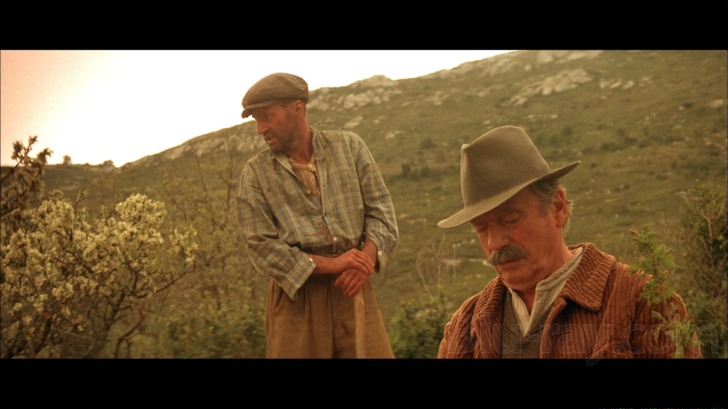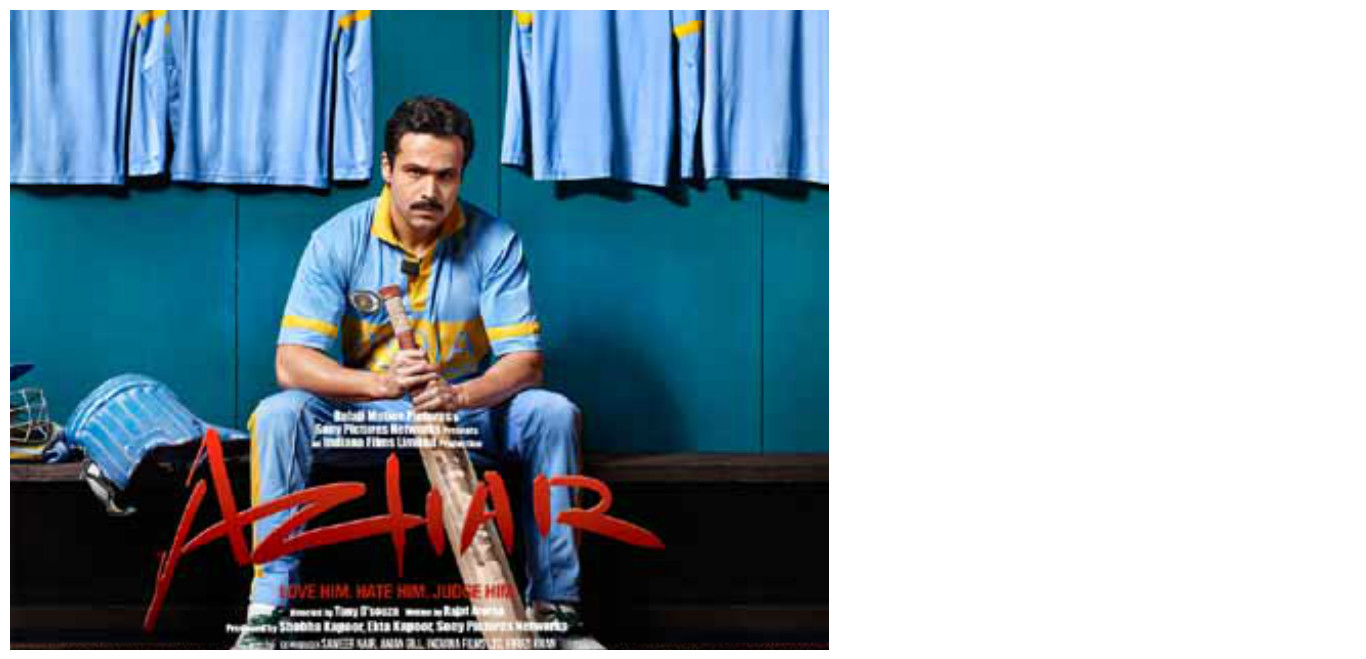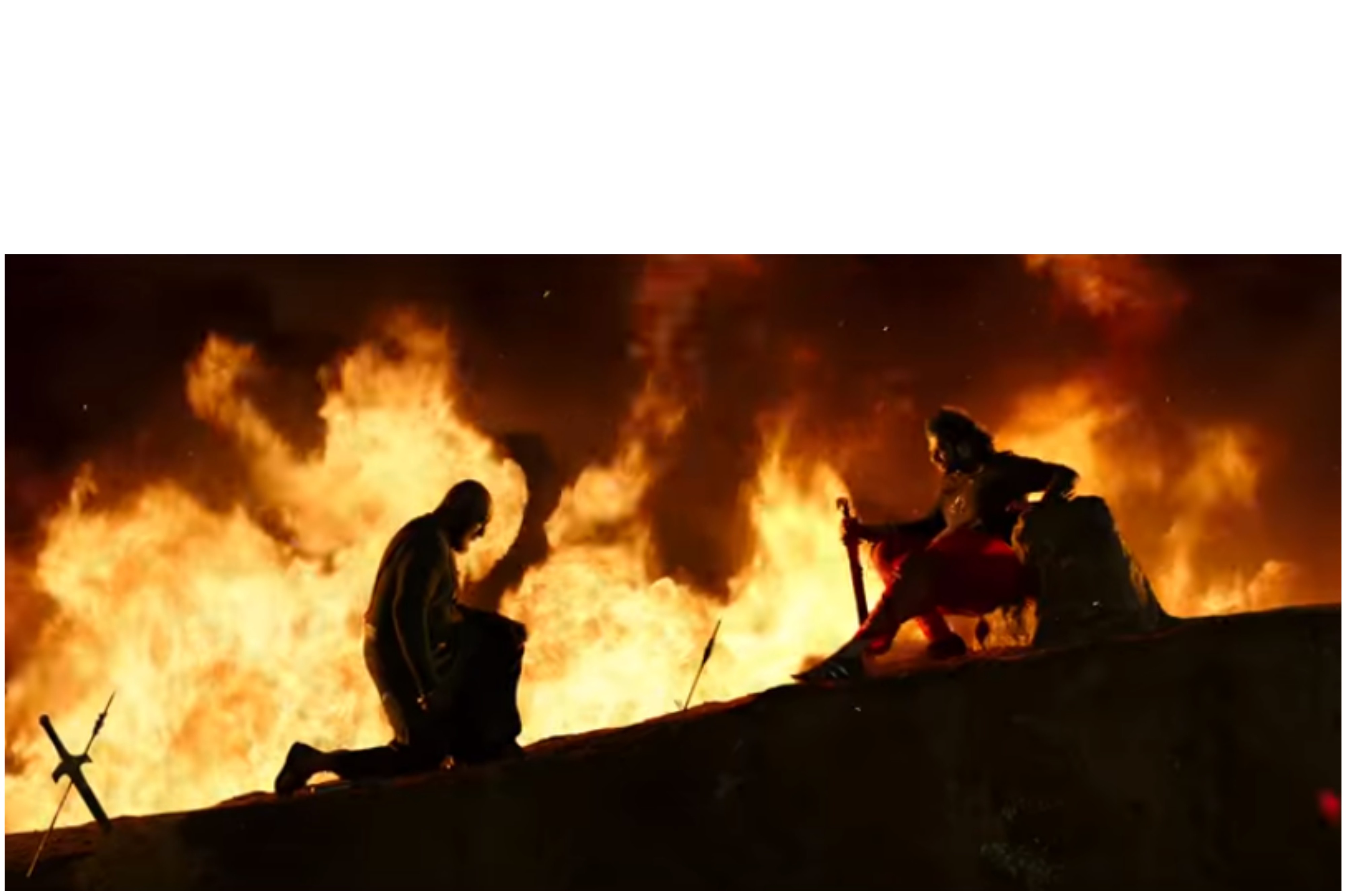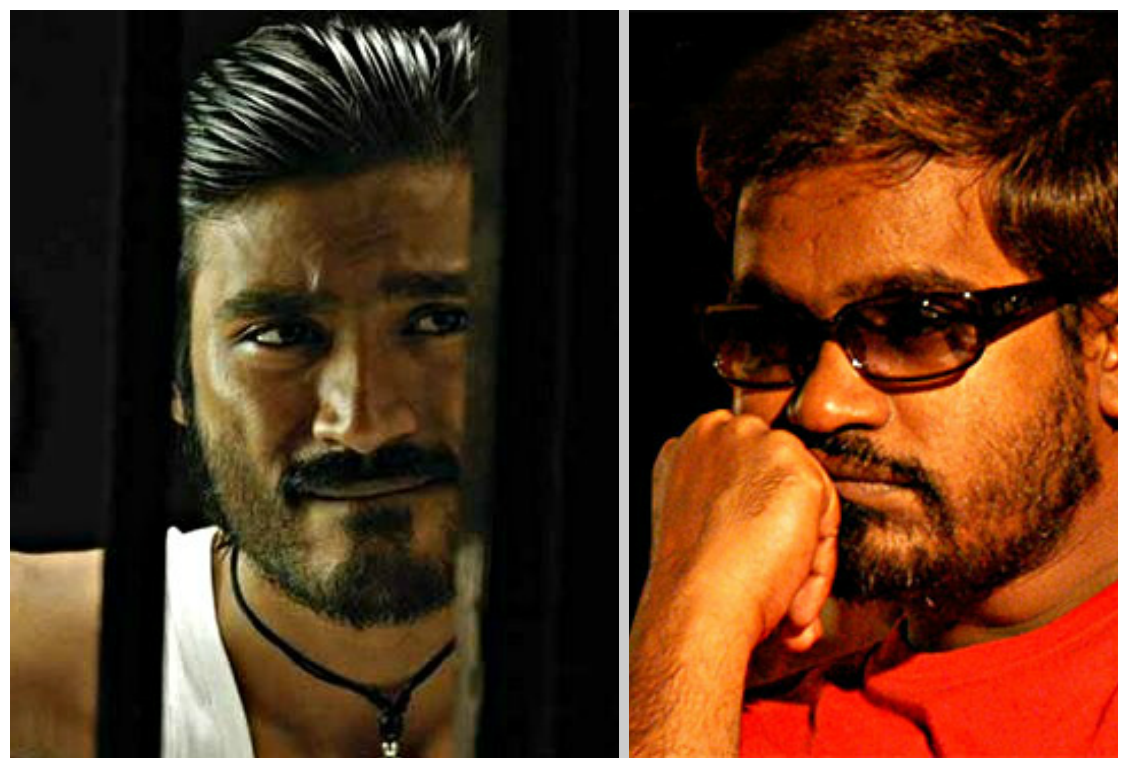Jean De Florette
Jean De Florette : Movie Review
5 stars out of 5 ( Masterpiece)
Director : Claude Berri
Novel : Marcel Pagnol
1986, French (English subtitles available)
No film I have had the privilege of sensing, blends terroir and drama as seamlessly and intoxicatingly as Jean De Florette + Manon Des Sources. When you watch an intriguing documentary of tigers in the jungle, do you regard the tiger and the jungle separately ? No, one loses its deep value without the other. It is similarly so with the characters and pastoral milieu of these twin films.

Set in the south-east French Countryside of the early twentieth century and recording the story, over two films, of how one rich farmer seeks to sabotage the life of a newly arrived neighbouring family, this work, written by Marcel Pagnol in 1962 and directed by Claude Berri in 1986, represents the magic of natural cinema. Using top-quality ingredients - expert actors, cinematography which inhales the earth and air, and carefully restricted use of background music - Berri blurs the line between novel and cinema with the smooth acuity of his story-telling. I can imagine Gustave Flaubert's iconic novel 'Madame Bovary' (1856) in vivid visual and visceral detail though I have not seen any theatrical, televised or cinematic version of it. But if somebody were to rock that task, I now know courtesy Berri how it would best look and feel.
The plot is simple, and there is no need for it to be anything more, as it was expressly selected to be employed in the service of natural narration. For a film immersed in bucolic beauty, the opening shot is interestingly not pretty - a dark take of a bus interior looking out through the dust-rimmed front window. It brings to the Provencal village the young Ugolin (Daniel Auteuil), back from the army and returning to his rich uncle Cesar Soubeyran (Yves Montand) who lives on his estate a little removed from the village. Cesar warmly welcomes Ugolin and they got along swimmingly, which is just well because both have no other relatives left in the world. Cesar remains a bachelor in late middle age, a strong and crafty man who can be outrightly criminal when he wants to accomplish his goals. Ugolin, likely in his early twenties, has a simple scruffy face and one could easily assume he is a fool, but he is not, being more of a simpleton with a keenness to do his own work. His great business agenda is to grow a big field of red carnations. Both doting uncle and budding nephew note that there is a nice spring with ample water hidden in a nearby location.
The trouble arises when they simply can't access that spring, even by devilish means, and the property holding the spring, falls into the hand of Jean Cadoret (Gerard Depardieu), a tax collector who leaves the city to chart a great rural renaissance. Jean arrives with his beautiful wife (Elisabeth Depardieu) and little daughter Manon ( a wonderfully subtle act by child artiste Ernestine Mazurowna). In his own idyllic words, Jean wants to "eat vegetables from my own garden, to savour oil from my olive trees, swallow eggs from my hens, and get drunk on wine from my own wines ! ". Cesar has already enlisted Ugolin's help in secretly blocking up the spring with cement, hoping that Jean out of frustration may sell the property to them. Deprived of this vital water source, Jean nevertheless battles valiantly, against the dry rugged Provencal landscape, and unknown to him, against his scheming neighbours, and succeeds gloriously at first. But the lack of water from that spring, which he sees marked out on the land papers but nowhere to be seen in his actual searchings, and the teasing never-appearing rain, eats into his soul and livelihood. Selling off the estate becomes unthinkable for the pastoral worshipper he has become. Parched torturously, his plight intensifies and swirls deeper, reaching Biblical scope and depth.
The film though simple looking was the most expensive French film as of that time in 1986 and very taxing on its makers over a thirty week period of shooting the two-part epic. Thankfully, it became a big success in France and also internationally, bringing more attention to tourism in Provence. When you have a solid story and tell it well, the elements of it, which seem banal when regarded in isolation, go on to acquire a special resonance. With Jean de Florette, it is the power of the land and this is exquisitely illustrated in a night time scene where a sample of the soil from Jean's property is placed in a small plate, and Cesar pours some water over it. He then tastes some of this moistened soil and softly states, " It is the best soil in the region, as good as gold". A lot of city slickers watching this, who previously cares two hoots for land and cultivation, may look at the whole thing with more valued reverence as a result of that quietly powerful scene.
Hollywood is sometimes criticized for casting only cookie-cutter faces that lack natural flavour. Such concerns have no place in this French artwork. When a secret is revealed and an underwhelmed but amused Cesar asks "Is this it?", his nephew Ugolin wears a wonderfully sheepish smile that draws up his cheeks and exposes all the more his separated teeth. It makes one remember Flaubert et Blair's lines - "one of those wretched things whose mute ugliness has great depths of expression, like an idiot's face". It is easy to play an over-the-top idiot but very difficult to memorably embody a simpleton - Daniel Auteuil aces Ugolin's deceptively simple persona. Cesar Soubeyran as the venal family-less patriarch who remains warmly avuncular to Ugolin, shows decades of thespian finesse implicit in his visage. His tough face grandly veils a selfish core. Gerard Depardieu may have clowned around on the set but onscreen he is every bit the tragic hunchback, his big face adding to the heft, the gentleness in it disclosing the tons of hard work and goodwill he always shows, but alas betraying the lack of street smarts that further cripples him.
When you do a seamless job as the second-in-command, it is often easy for people to miss what remarkable service you have rendered. So it is with Bruno Nuytten's lensing that slips under this story's skin and forms its evocative flesh. When Ugolin returns home to eagerly uncover his secret (in another story, these might have been pornographic pictures!), the camera follows him as he closes the door, and then unwraps rolled sheets of paper to finally reveal the carnation stems. The pattern of rolling off and uncovering, repeats itself when he undoes the the knitted roof of twigs that shade the planted carnations. The camera is unobtrusive, and yet it is beautifully focused on recording the flow of action. Elsewhere, but in the same vein of that connected sequence, Ugolin returns with a filled can and gently waters the plants from the perforated spout. That scene is so organic and lyrical that I was reminded of my own schedule to water the roses outside my house.
Nuytten's coverage of the tough-textured but mystically attractive countryside is never gratuitous - he just follows the scene and lets the camera take it all in. When Cesar and Ugolin walk up to a man who is up on a tree, the shot is taken through the leaves and branches to enhance the milieu rather than by a distanced birds-eye-view. As Jean's water-searching drive reaches the the next feverish stage, we first see a pulley and then the camera slowly draws back to see a whole well which has been erected, thus unravelling his tireless achievement to plumb the water's surface. The lens goes the dramatic route only ever so slightly, and that too for a scene of great beseechment towards the rainless heavens, when the shot looks down from just above their skyward-tilted faces and Jean demands of God " Have you forgotten that I am a hunchback ?" (No, it has not been forgotten, but Jean has forgotten or rather has never been aware that physical life is eternally treacherous).
This however is not a story without humour. The city-man Jean's initial sucess in agriculture and handing over baskets of plump vegetables to his neighbour has Ugolin exasperatedly remarking, "And now he's teaching me how to do it ! ". The mute lady who cooks for Cesar (they share a good rapport) comes out of the kitchen holding those magnificent potatoes and emitting impressed exclamations, to which a humbled Cesar wryly curtails her gaiety and asks her to get on with cooking lunch. There's half-buried humour of a different kind, of a heart-breaking insight into children's minds. When a doctor quickly cycles in to attend to a disturbing incident , the child of the house tells him, "It was only a small rock, doctor ! ", as though hoping that the doctor will note it was only a small rock and that therefore the injury, whatever it might be, must also be minor.
Berri's direction of the the child artiste is exemplary. Little Ernestine Mazurowna plays Jean as a thoughtful quiet girl of age eight or so, and as we steadily see, she is wise beyond her years. There is one occasion where Jean's father thinks of mortgaging the necklace, and another where he thinks of mortgaging or even selling the whole property - both times, Ernestine interjects softly in disapproval, revealing her precocious sense of responsibility. She sees and mentally stores everything, waiting for the future.
A reviewer declared that if the Caribbean did not exist, Gabriel Garcia Marquez would have invented it anyway. Similarly, even if Provence did not exist , Berri and Pagnol would have conjured it anyway.
UPN
UPNWORLD welcomes your comments.










0 COMMENTS
WRITE COMMENT